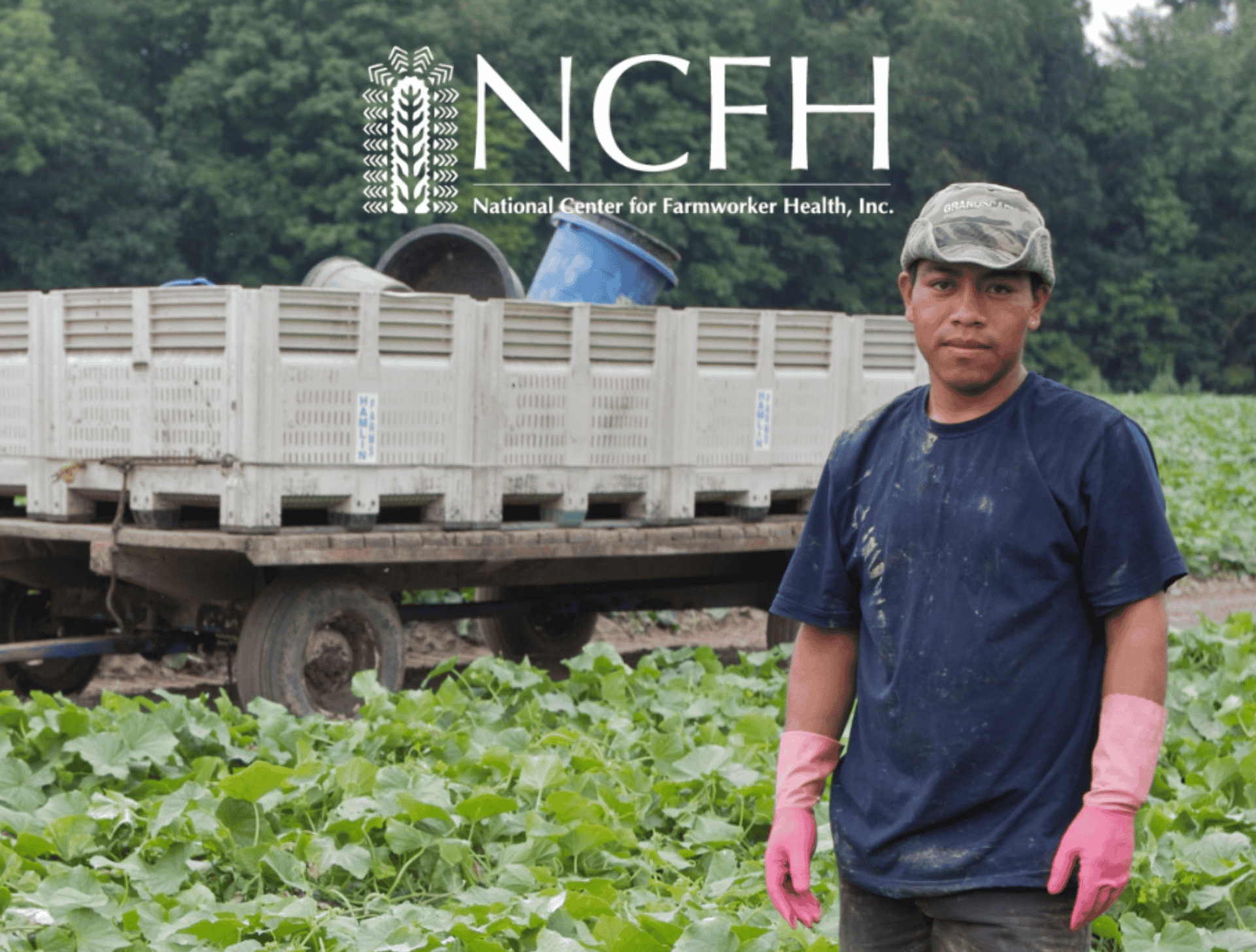Program Information
These videos represent a historic step forward in addressing the critical gap in culturally and linguistically appropriate pesticide safety information for Indigenous farmworkers, many of whom speak languages indigenous to Mexico. For the first time, educational materials for workers approved by the United States Environmental Protection Agency (EPA) are available in Mixteco, Tsotsil, and Tseltal. The videos for workers meet Worker Protection Standard (WPS) training requirements in most states and territories, ensuring accessibility for agricultural workers across the nation. In the table below, you will find the information on the language and the video links for YouTube and Vimeo.
View More
View Less
| Language | Subtitles | YouTube Link | Vimeo Link |
| Mixteco | Spanish | https://youtu.be/eDz2NrIN8dE | https://vimeo.com/1053408687 |
| Tseltal | Spanish | https://youtu.be/RxmK30B05Zk | https://vimeo.com/1069022047 |
| Tseltal | Tseltal | https://youtu.be/VgkJmdJ7S0I | https://vimeo.com/1053397610 |
| Tsotsil | Spanish | https://youtu.be/WtanQTXhqmI | https://vimeo.com/1065901805 |
| Tsotsil | Tsotsil | https://youtu.be/8KdPb68sWAg | https://vimeo.com/1065901825 |
Highlights
- Grant Support: $170,904 Agricultural Community-Based Project (AgCBP) grant funded by PERC.
- Participants: 75 indigenous workers will engage in pre-post assessments through NCFH’s training programs. Mixteco/Indígena Community Organizing Project (MICOP) will train 40 Mixteco farmworkers using the new materials.
- Collaborators: NCFH led the video production for Tsotsil and Tseltal. Mixteco/Indígena Community Organizing Project (MICOP) spearheaded the Mixteco component.
Developed in collaboration with the Mixteco/Indígena Community Organizing Project (MICOP), NCFH has released impactful education on the Worker Protection Standard (WPS) for agricultural worker videos in the Mixteco, Tsotsil, and Tseltal languages. These translated videos were shaped by input from focus groups composed of farmworkers, address the critical gap in culturally and linguistically appropriate pesticide safety information, and are now widely available as an essential resource for farmworker communities. NCFH will now use these videos as part of a comprehensive training program for Indigenous farmworker communities, ensuring the materials effectively promote safety and health practices. The educational videos are approved by the EPA and can satisfy annual worker training requirements under the WPS in most states and territories (approval # EPA Worker PST 00028).
NCFH led the program and the video production for the Tsotsil and Tseltal languages, while MICOP spearheaded the Mixteco component of the program, bringing its extensive expertise in serving Indigenous communities to the forefront. The project’s milestone highlights NCFH's unwavering dedication to serving Mesoamerican Indigenous farmworkers, a vital yet underserved segment of the U.S. agricultural workforce. This demographic often faces unique challenges, including language barriers that impede their understanding of safety training delivered in Spanish or English. By providing materials in their native languages, this project empowers farmworkers to better safeguard their health and the well-being of their families. According to MICOP, “Indigenous populations…often only speak their native pre-Hispanic indigenous languages. They also have deep-rooted and unique cultural practices and beliefs that often create barriers and isolate them from other Latino populations” (MICOP, n.d.).
Empowering Farmworkers Through Language
"Participants from Mixteco, Tsotsil, and Tseltal focus groups emphasized the critical need to translate health and safety information into farmworkers' native languages," shared Bethany Boggess Alcauter, NCFH’s Director of Research and Public Health Programs. "Many highlighted how valuable the translated materials were, noting they had gained new knowledge about safety handling pesticides. Their excitement to see the final product in their native languages was evident, and they expressed a strong desire to share the video with their coworkers and fellow Indigenous-speaking communities."
A farmworker who participated in the focus group reflected, “In my opinion, I did like everything because I had not had the opportunity to have someone share a video like this with me.” Another farmworker added, “I felt very satisfied because it explained it to you...I gained more experience here about how to wash your hands.”
Breaking Barriers for Indigenous Communities
“The completion of these videos marks a milestone in our mission to protect farmworker communities,” said Alcauter. “Thanks to PERC's support and our partnership with MICOP, we have made significant strides in addressing the linguistic and cultural needs of Indigenous farmworkers, ensuring they have the tools to reduce pesticide exposure risks.”
“NCFH's work exemplifies the power of collaboration and innovation in promoting access to culturally appropriate pesticide safety materials among farmworker populations,” said Emily Ripken, Project Coordinator for Agricultural Community-Based Projects at University of California Davis.
What’s Next
As the project moves forward, NCFH and its partners will focus on training farmworkers using these videos and expanding their reach within Indigenous farmworker communities. Through this effort, the goal is to ensure broad adoption of pesticide safety practices and reduce the risks of pesticide exposure for farmworkers and their families.
View More
View Less

Stay up-to-date with our AgCBP Program
Sign up for news and updates!
